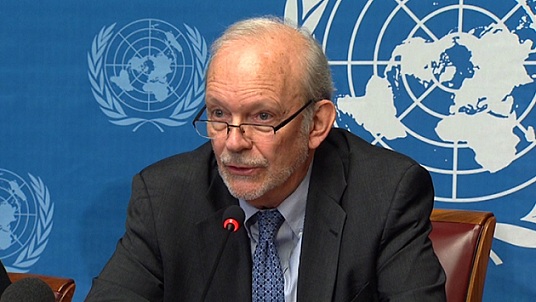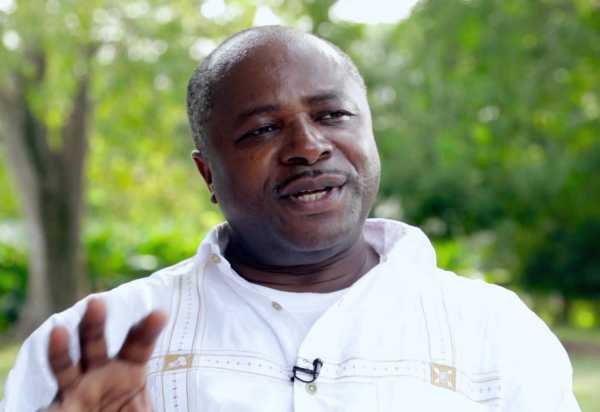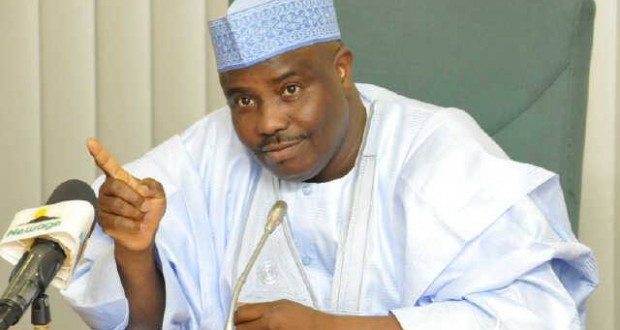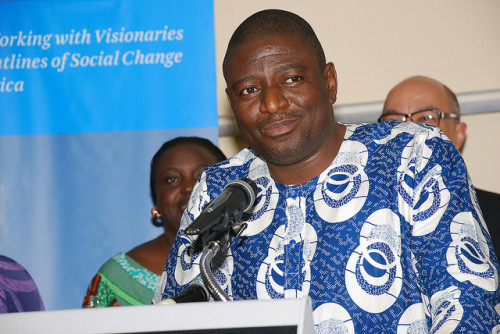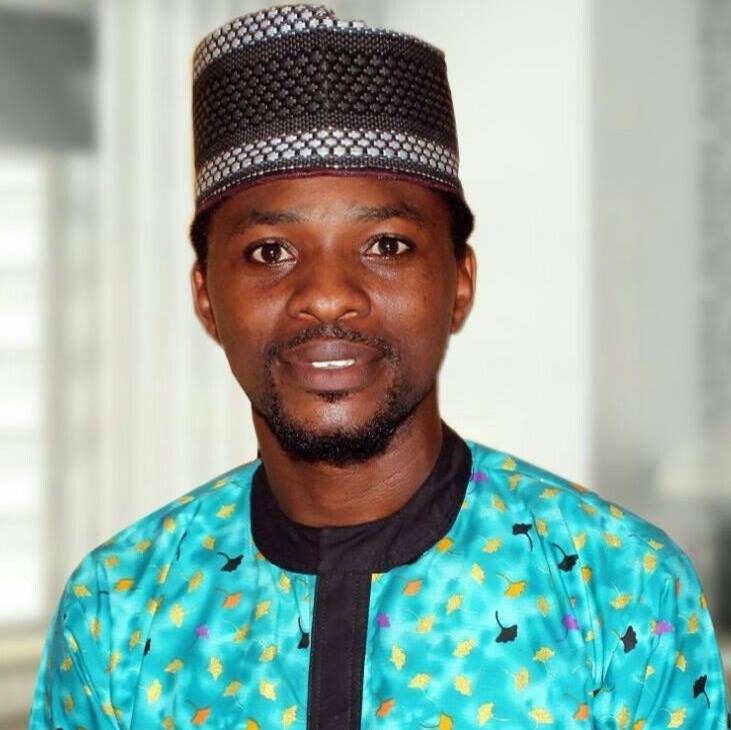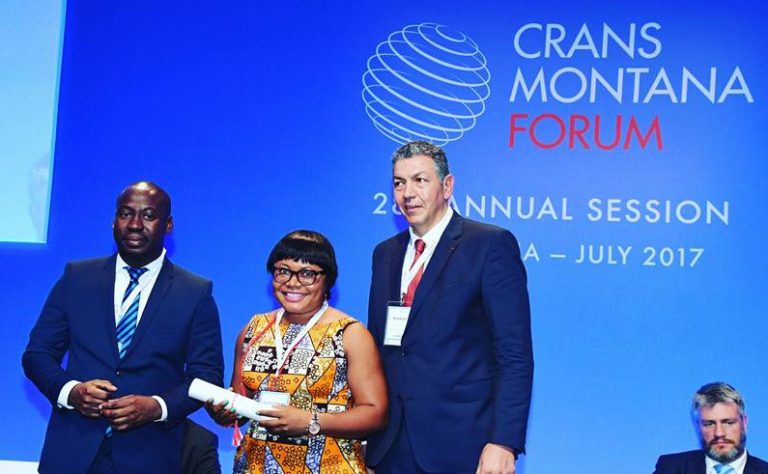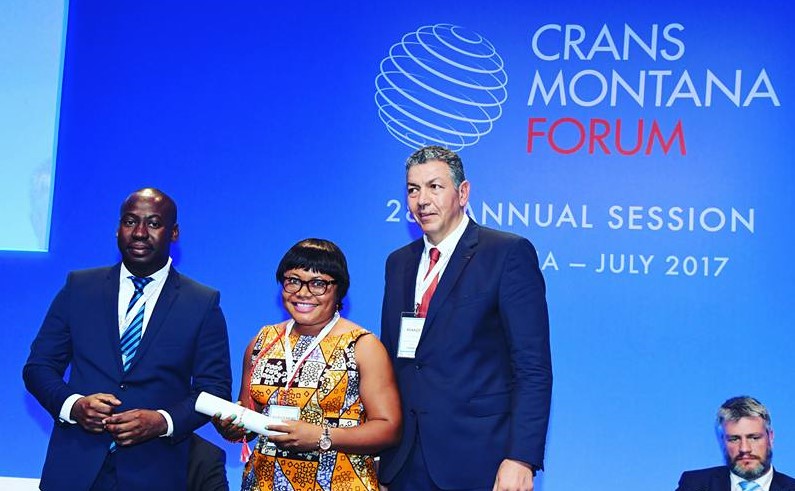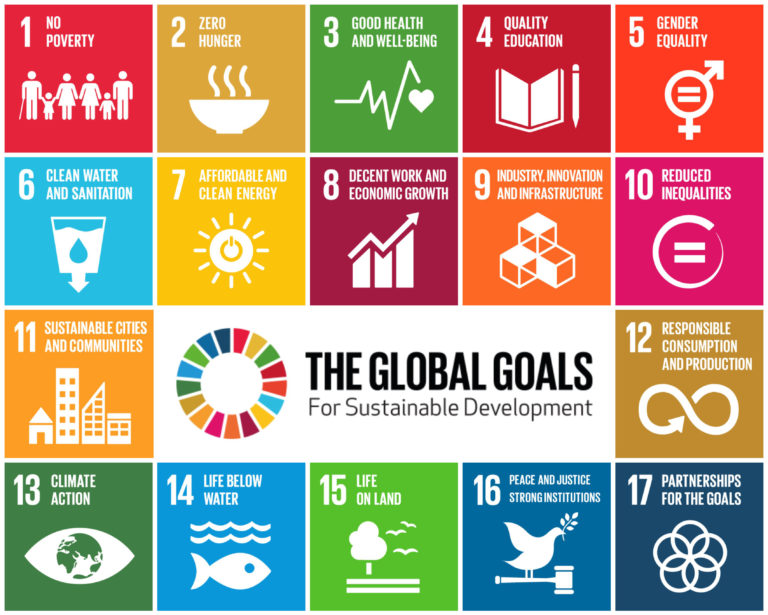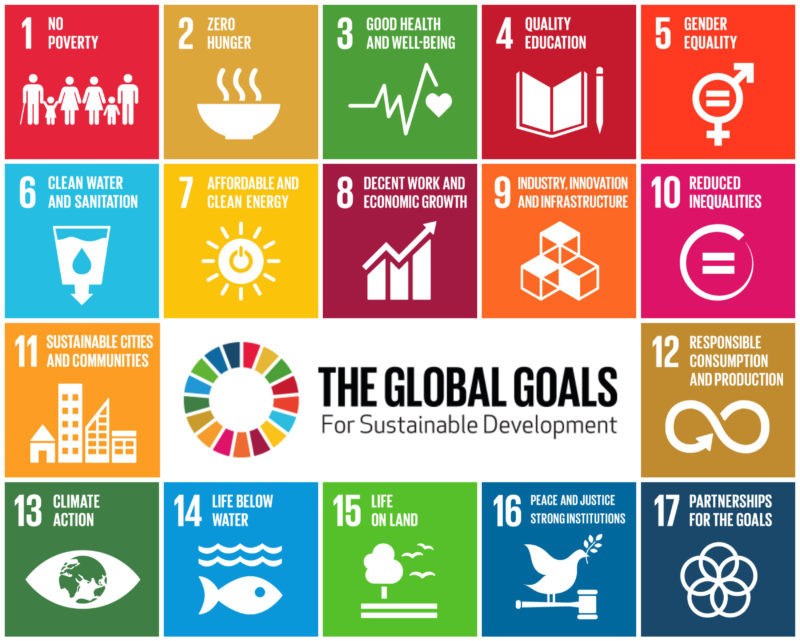On the eve of the Roundtable for Sustainable Palm Oil’s (RSPO) annual meeting, the Shipibo Konibo community of Santa Clara de Uchunya and its representative organisation, FECONAU, have condemned the failure of the organisation’s complaints mechanism to secure justice for their community. They have called on the RSPO to implement urgent reforms if it wishes to be a credible body for certifying sustainable palm oil and eliminating human rights and environmental abuses associated with the palm oil sector.
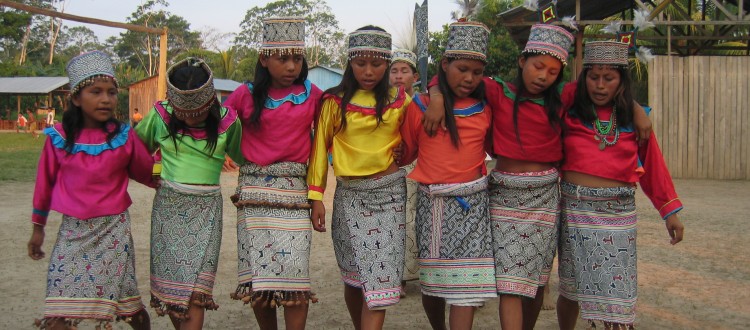
The community of Santa Clara de Uchunya, whose ancestral lands and forests have been devastated by a former member of the RSPO (Plantaciones de Pucallpa), currently reconfigured as Ocho Sur PE SAC, has called on the complaints panel to “issue their final report about the violations of our right as as Shipibo-Conibo indigenous people as a result of oil palm operations”.
In a statement issued during a community assembly on October 26, 2017, they asked: “How is it possible that the company could leave the RSPO in the middle of an investigation and not be sanctioned?” The community and FECONAU are now calling on the RSPO to close glaring loopholes in its existing complaints mechanism including the ability of members to withdraw from the RSPO during a formal complaint process and thereby escape being held to account.
To date approximately 6,000 hectares of the community’s forests have been destroyed for conversion to palm oil plantations. Fences and security systems now prevent community members from accessing any remaining forests vital to their subsistence and the company continues to expand its operations despite suspension orders from the RSPO and Peruvian government and ongoing investigations by environmental prosecutors. All of the community representatives have been issued with death threats for their opposition.
Their statement came in the wake of confirmation from the RSPO that no further action would be taken on the case. “The Complaints Panel confirms that it will not be publishing the investigative report.This decision is made on the basis of the Complaints Panel’s procedures and legal advice which highlighted the potential exposure for libel in publishing said report given that Plantaciones de Pucallpa has resigned as a member and RSPO no longer has any jurisdiction on their alleged actions…”
In a response, Robert Guimaraes Vasquez, president of FECONAU, said: “We were surprised when we heard that the RSPO is running scared of the company, it is the community not the RSPO who are fighting for their lives here, several community members have been served with false accusations by the company and have to attend legal processes to defend themselves. Worse still many of us are living in fear of our lives and have received numerous death threats.
“It is bad enough that the complaint mechanism is so weak that the RSPO’s preliminary order to suspend operations was simply ignored by the company and that the company can withdraw while a complaint is ongoing. However, all we have requested is that after two years of this case that the RSPO panel simply issue their full findings. They have done it for the deforestation analysis, why not for the other issues including violation of our land rights and rights to FPIC. Is that too much to ask?”
In a statement, FECONAU issued a series of recommendations to the complaints panel if it is to be fit for purpose. These include measures to prevent withdrawal of companies from RSPO membership while complaints are ongoing and unresolved, measures to enforce their orders as well as the capacity to conduct in situ investigations where required.
Although the case was the first complaint brought against an RSPO member company based in Peru, it exposed structural failings of the RSPO complaint mechanism, which have been used elsewhere by member companies to avoid accountability. These include the sale of company assets to non RSPO members, the creation of new companies or the withdrawal from the membership.
Meanwhile the Complaints Panel (CP) does not appear to have the ability to enforce its decisions. Stop work orders are routinely ignored by member companies and not followed up by the CP as Marcus Colchester, senior policy advisor at the Forest Peoples Programme highlighted, citing cases involving Golden Agri Resources (GAR) in Liberia and East Kalimantan and Wilmar in West Sumatra: “In all these cases the complaints panel has found in favour of the communities in their initial decisions but has then failed to ensure compliance. Despite improvements in Panel’s initial determinations, the CP seems unable to then follow up and sanction companies for continued non-compliance. This is extremely frustrating for impacted communities who have to wait years and years to get justice.”
On the eve of the RSPO’s 15th annual event the Forest Peoples Progamme, FECONAU and other civil society groups are calling for urgent and effective reforms to the RSPO complaint mechanism. These include innovative measures to prohibit withdrawal from the membership while a complaint was ongoing and the creation of a ‘performance bond’ whereby member companies would deposit a fund which could be forfeited on behalf of affected communities if and when they failed to comply with CP rulings.
In October 2016, almost one year after the community of Santa Clara de Uchunya filed a formal complaint against RSPO member in Peru, Plantaciones de Pucallpa, the company withdrew from the membership prior to a final resolution from the complaints panel thereby avoiding any sanctions. Since then the community have made repeated requests to the RSPO for further action to be taken including at a minimum, the publication in full of the findings of the complaints panel.
In March 2017 the RSPO responded with a partial report which assessed community allegations of deforestation which had continually been denied by the company. It was based on satellite analysis commissioned by the RSPO and endorsed community complaints, concluding that “Plantaciones de Pucallpa (PdP) (Peru) to be in breach of RSPO Code and Conduct and RSPO Principles and Criteria (RSPO P & C) during its membership period from October 14, 2013 to October 12, 2016 but concluded that these findings and decision are of moral and persuasive value only, and cannot be enforced in light of Plantaciones de Pucallpa’s resignation as a RSPO member.”

